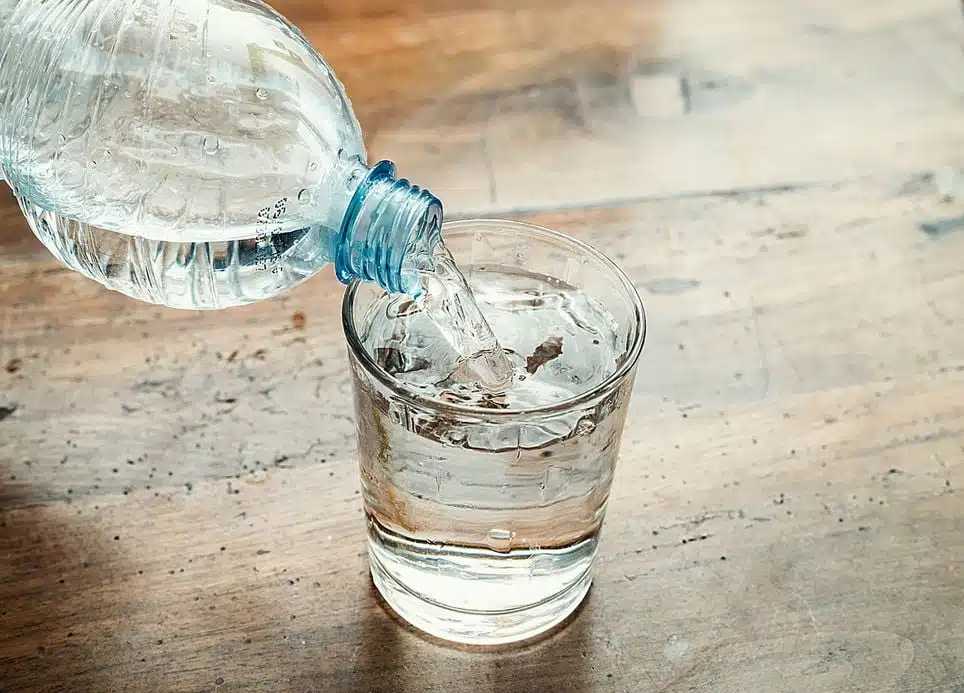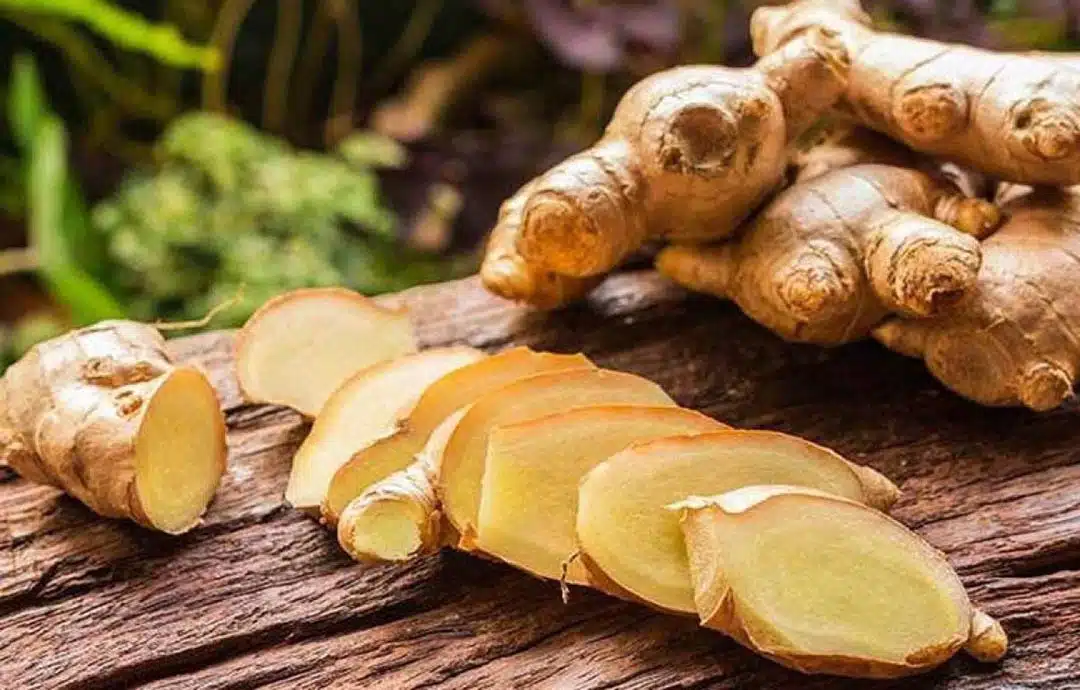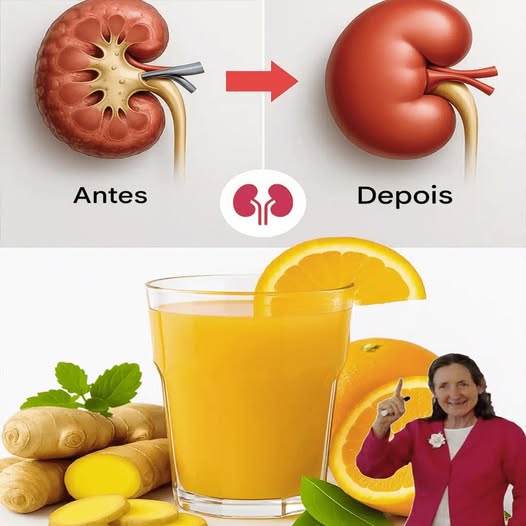Discover easy habits to cleanse your kidneys, liver, and lungs naturally.
Naturally cleansing your kidneys, liver, and lungs doesn’t have to be a complicated ritual or require “miracle potions.”
On the contrary, small daily choices—like drinking water regularly, opting for fresh foods, and breathing more deeply—can help these three organs work better.
You’ll see that the secret isn’t in fads, but in consistent actions that anyone can incorporate into their routine.
By adopting one or two habits at a time, your body will thank you with more energy, smooth digestion, and full breathing.
Why is taking care of these organs so important?
Kidneys, liver and lungs form an internal cleansing trio.
- Kidneys filter toxins and balance fluids.
- Liver metabolizes nutrients and neutralizes harmful substances.
- Lungs exchange gases, delivering oxygen to every cell.
When one of them is overworked, feelings of fatigue and bloating quickly set in. Keeping these filters “unclogged” is an investment in overall health.
Water: the simplest detox
Drinking between 1.5 and 2 liters of water per day has been, continues to be, and will likely always be the golden rule. Hydration dilutes waste products that the kidneys need to eliminate and also helps the liver process fats more efficiently. Practical tips:
- Keep a bottle visible on your desk or in your bag.
- Start your day with warm water and lemon — a slight acidity that stimulates digestion.
- Vary it with sugar-free infusions, such as chamomile or mint, to avoid getting tired of the flavor.

Food that supports internal cleansing
Certain foods act as natural “cleaners” because they provide fiber, antioxidants, and compounds that promote liver and kidney function.
| Food | Essential benefit | Easy to use form |
|---|---|---|
| Cranberry | Helps prevent urinary discomfort | Sugar-free juice or pulp in the smoothie |
| Litter | Kidney-friendly soluble fiber | Sprinkled with oatmeal for a snack |
| Beet | Antioxidants that support the liver | Grated raw in salads |
| Green leaves (arugula, spinach) | Chlorophyll that facilitates digestion | Salad or stir-fry base |
| Turmeric | Liver-protective curcumin | 1 teaspoon in soups or “golden milk” |
Bonus tip: Combine turmeric with a pinch of black pepper to improve absorption.
Conscious breathing: lung gymnastics
Taking a deep breath seems obvious, but almost everyone goes through the day on autopilot.
Take five minutes and try the 4-7-8 technique: inhale for a count of 4, hold for a count of 7, and exhale for a count of 8. Repeating this cycle slows the mind, expands the rib cage, and stimulates the natural removal of carbon dioxide.
At night, an infusion of ginger or peppermint helps clear the airways and promotes relaxation.
Plants that gently support
- Fresh parsley
A small kidney-friendly diuretic; sprinkle over salad or rice. - Milk Thistle
Famous in herbal medicine for protecting liver cells; consume as a light infusion. - Eucalyptus
Steam inhalation with a few leaves or drops of essential oil soothes respiratory tract.
Before starting any herb in concentrated doses, talk to your doctor — especially if you are already taking continuous medication.
Movement, sleep and consistency
No need for a marathon: 20 to 30 minutes of walking speeds up circulation and facilitates lymphatic drainage.
At night, seven to eight hours of sleep gives the liver and kidneys time to reduce inflammatory processes.
Reduce ultra-processed foods and prioritize seasonal products — less sodium, fewer preservatives, more real nutrients.
FAQ
Does lemon water really “detox”?
It doesn’t work miracles, but it hydrates, stimulates light bile production and helps with morning digestion.
Are beets safe for people with kidney stones?
In moderate amounts, yes. People with a tendency to high oxalate levels should consult their doctor before consuming large amounts.
Milk thistle replaces liver medicine?
No. It acts as an adjuvant and should not replace prescribed treatment.
Do breathing exercises help with anxiety?
Yes, because they regulate the autonomic nervous system, reducing heart rate and muscle tension.

Taking care of your kidneys, liver and lungs is not about using fancy recipes.
Sufficient water, colorful dishes, five minutes of mindful breathing, and a little daily movement can create a cleaner, more energizing indoor environment.
Strength lies in small habits practiced consistently — your body does the rest on its own.



